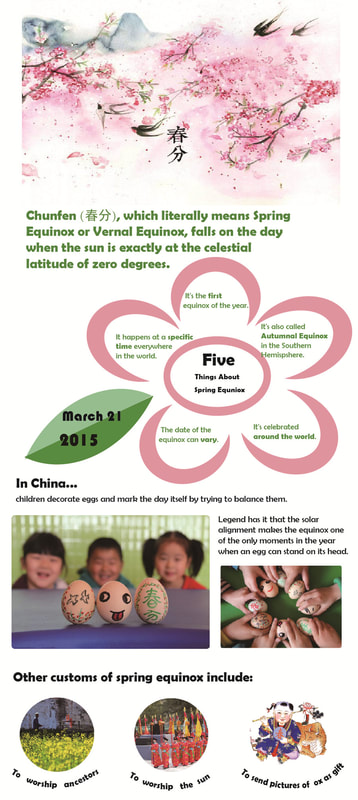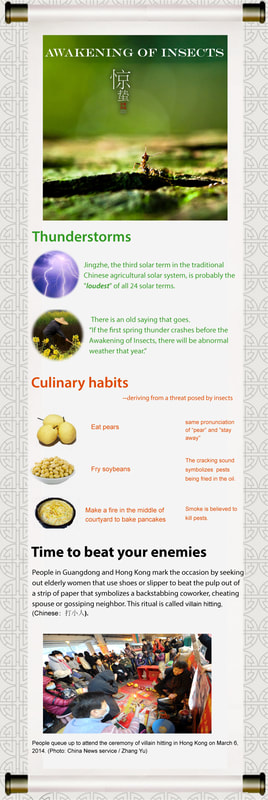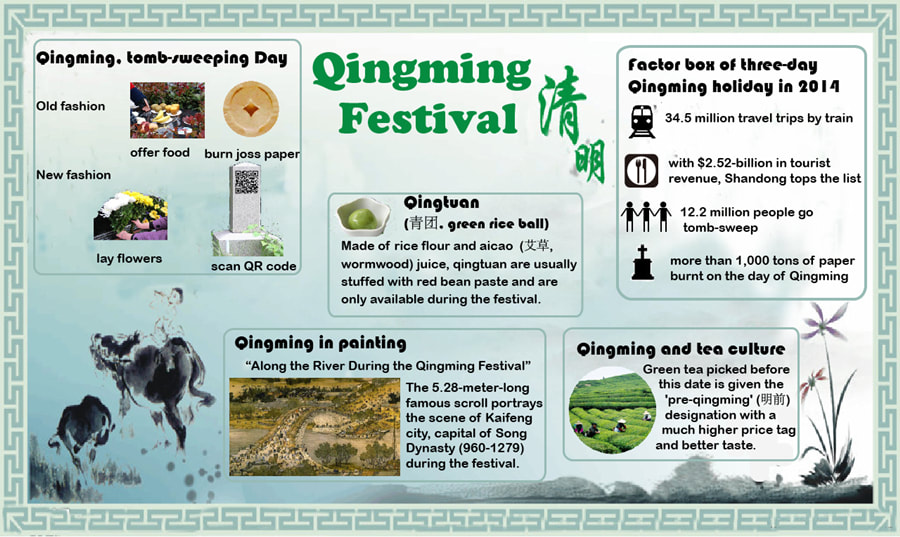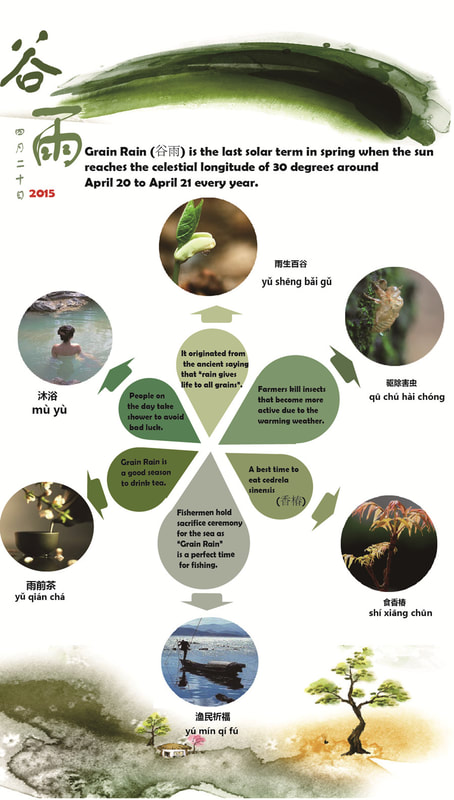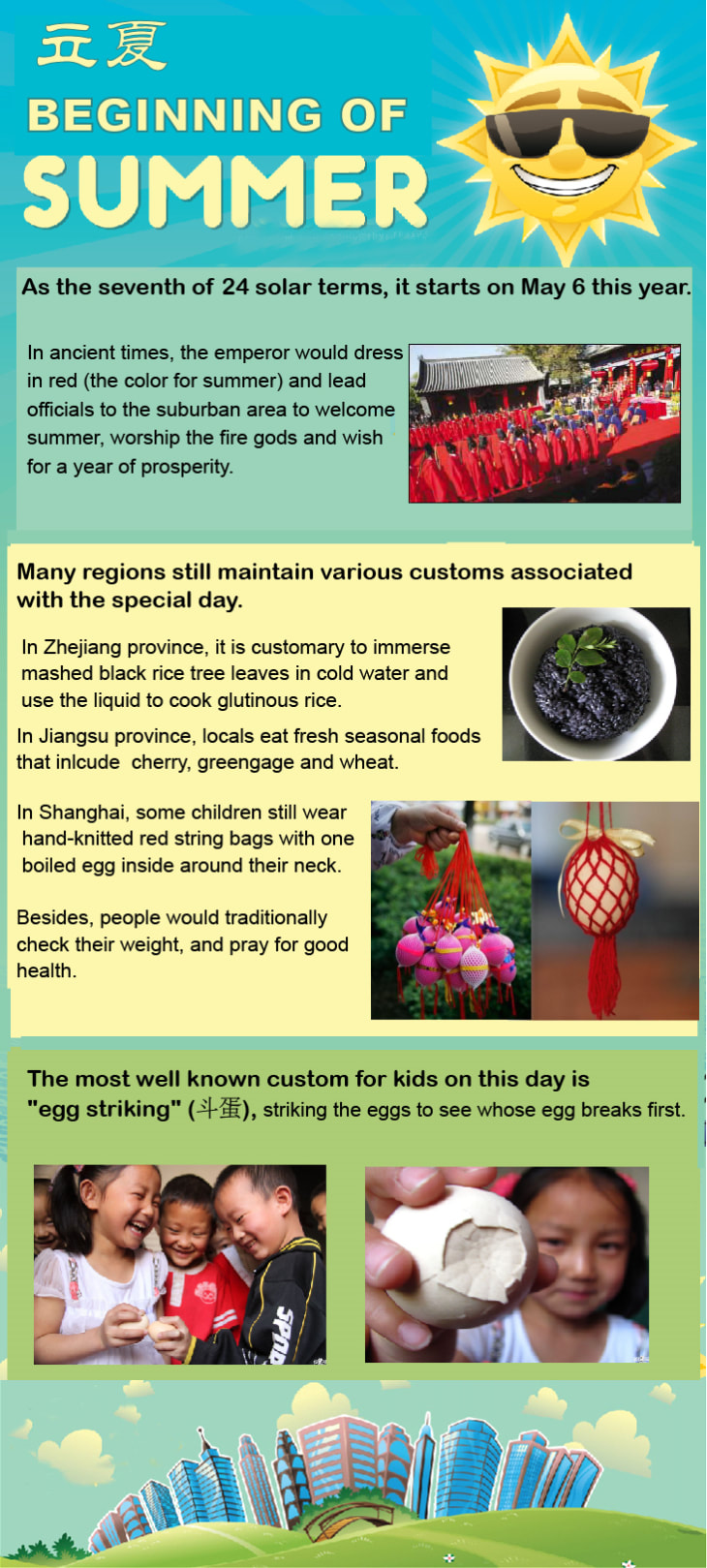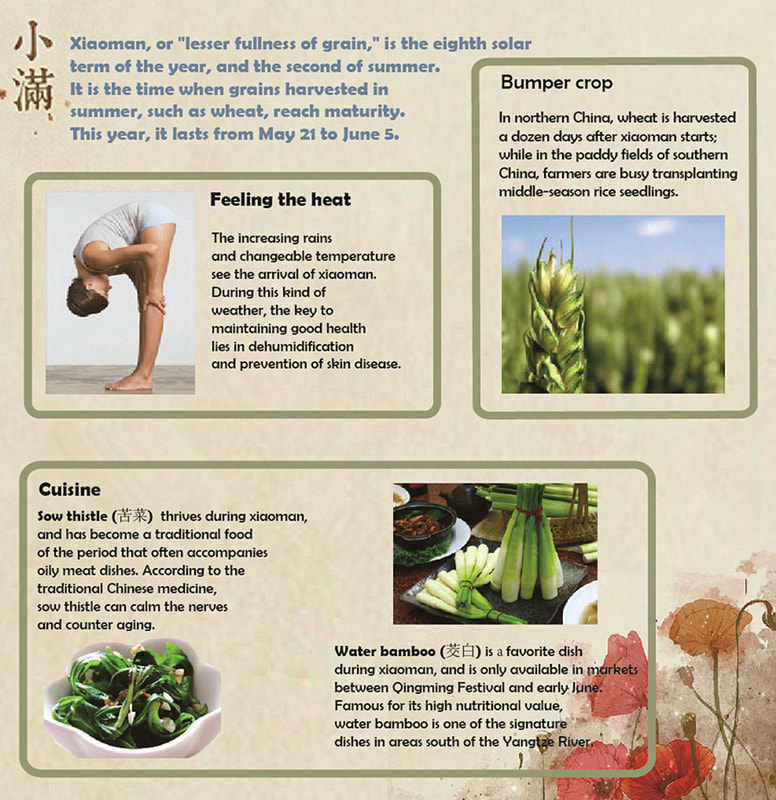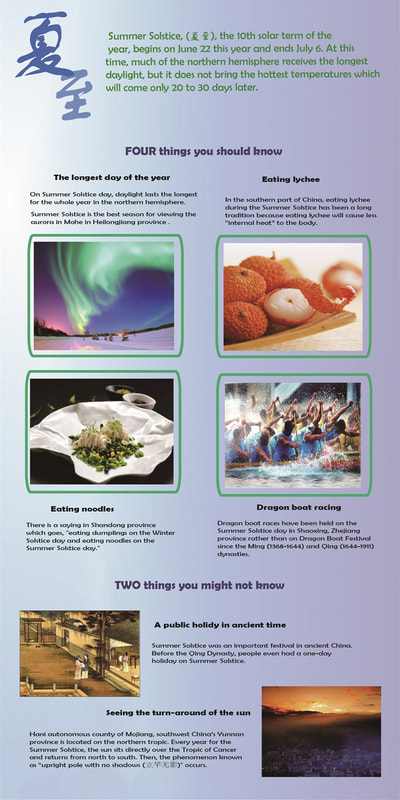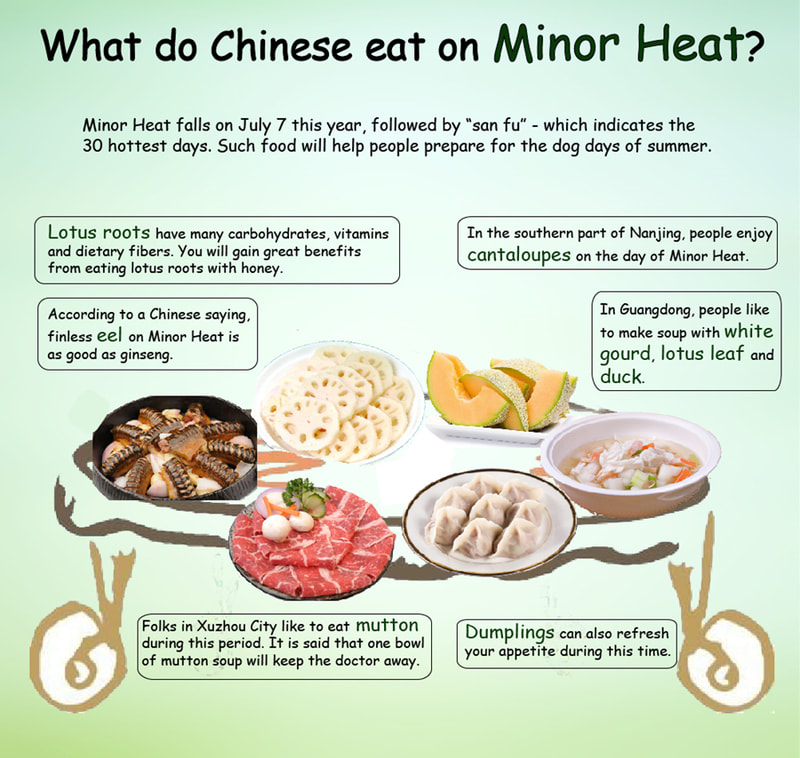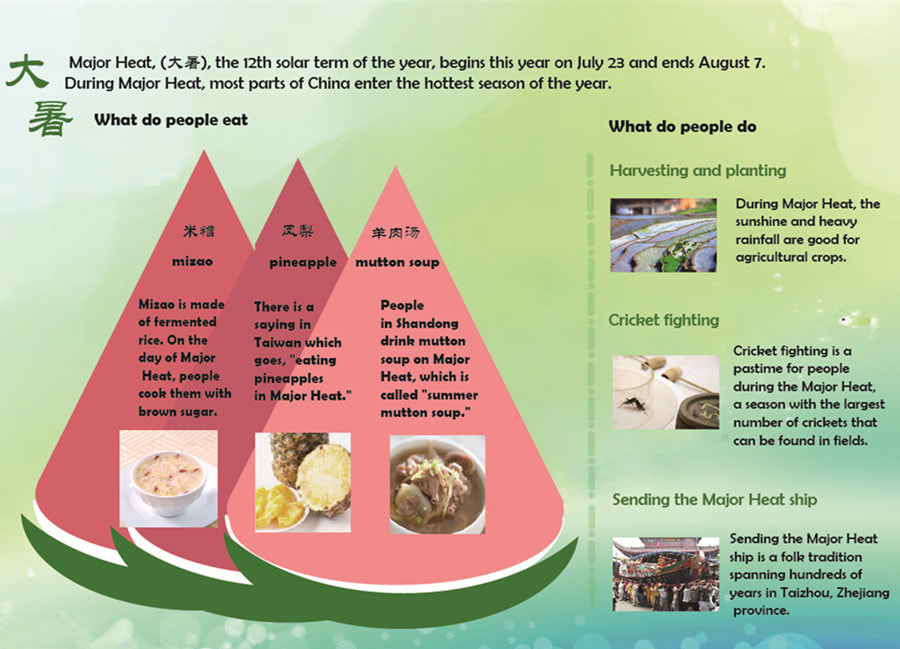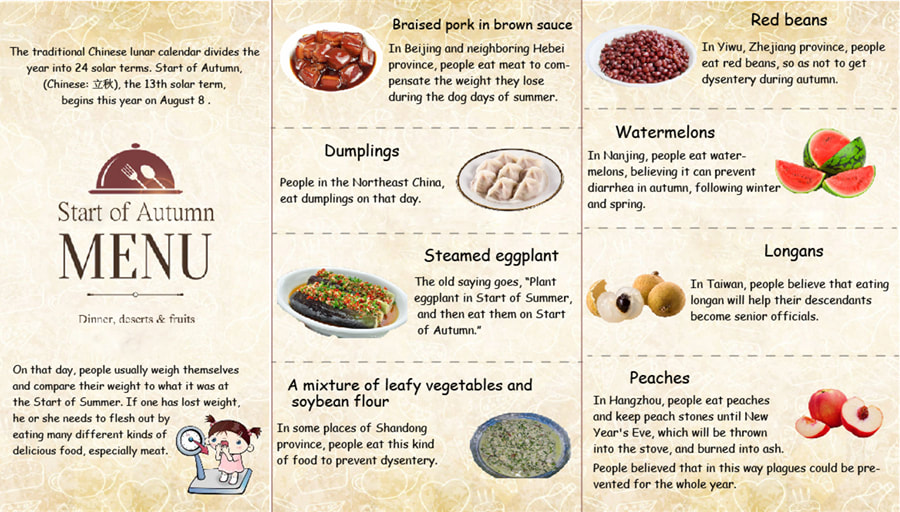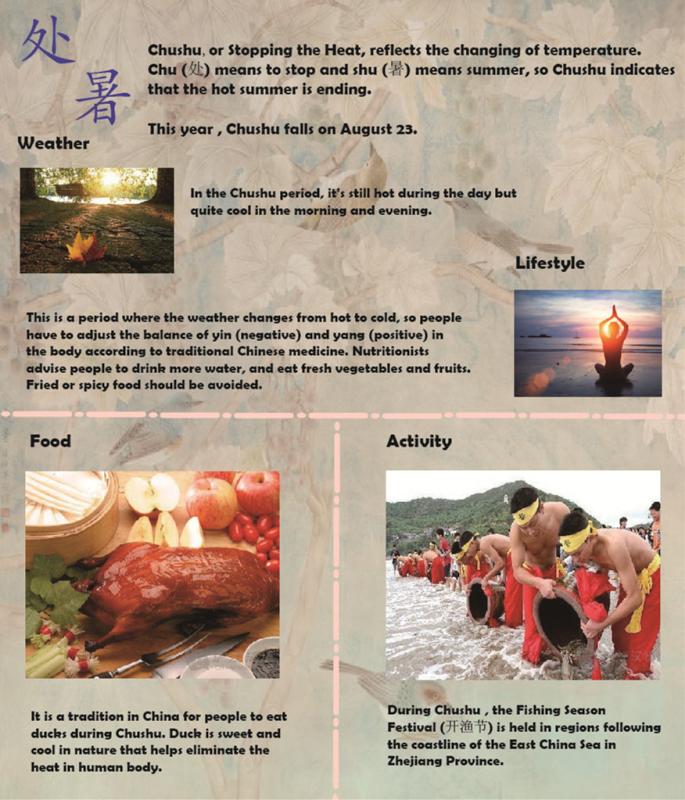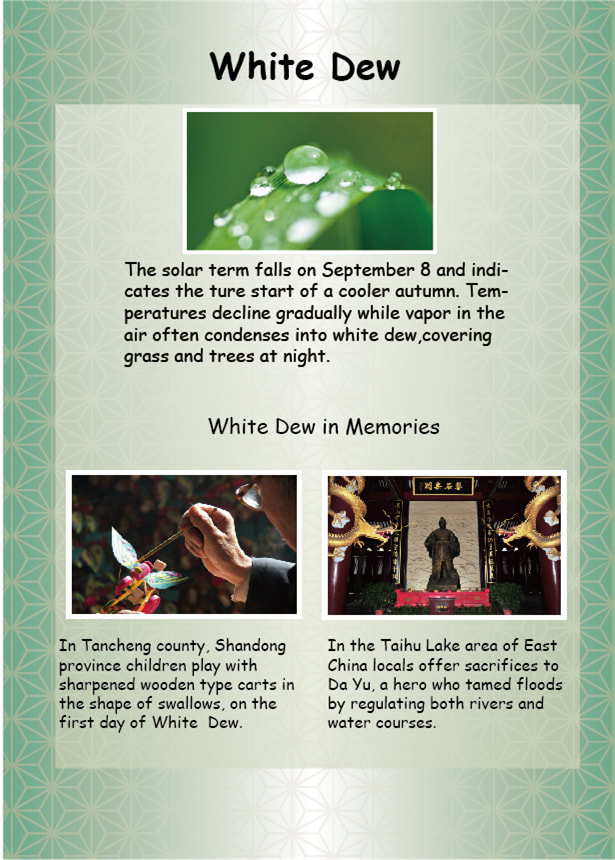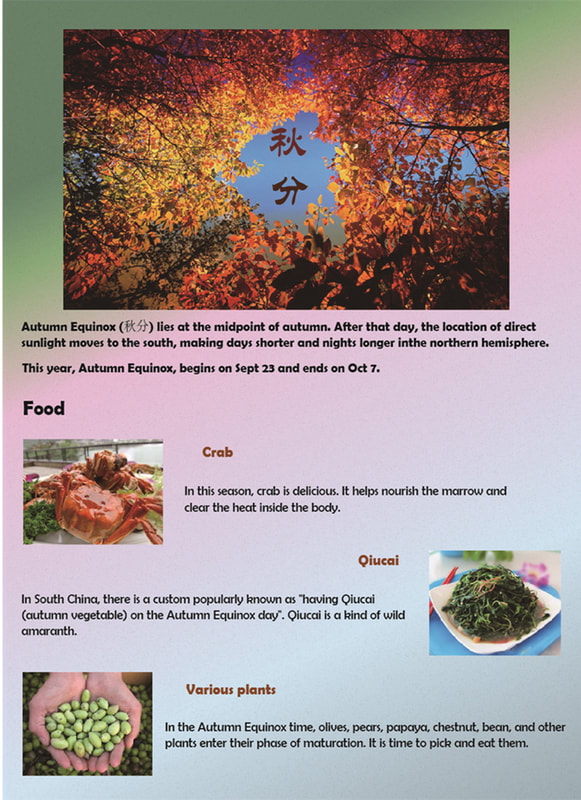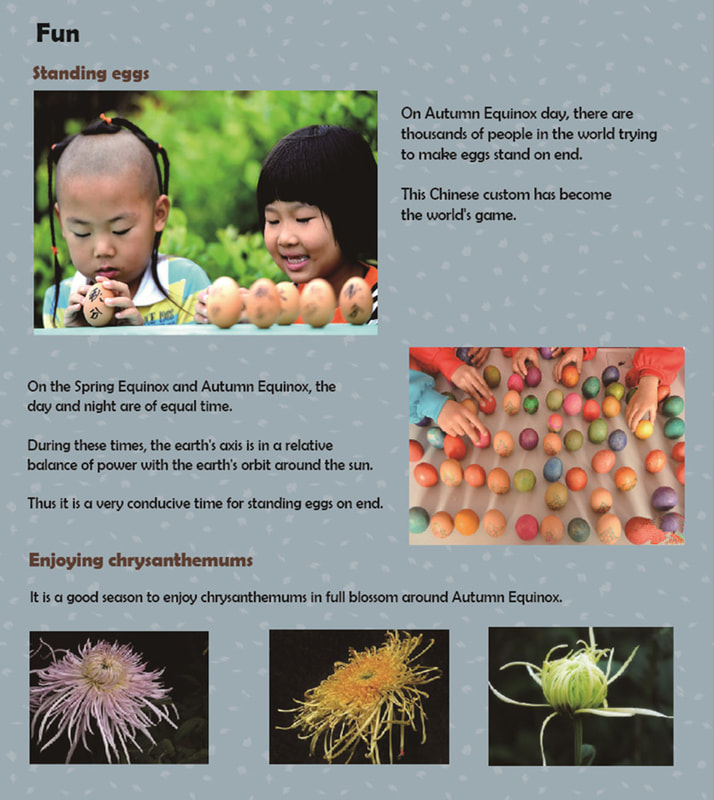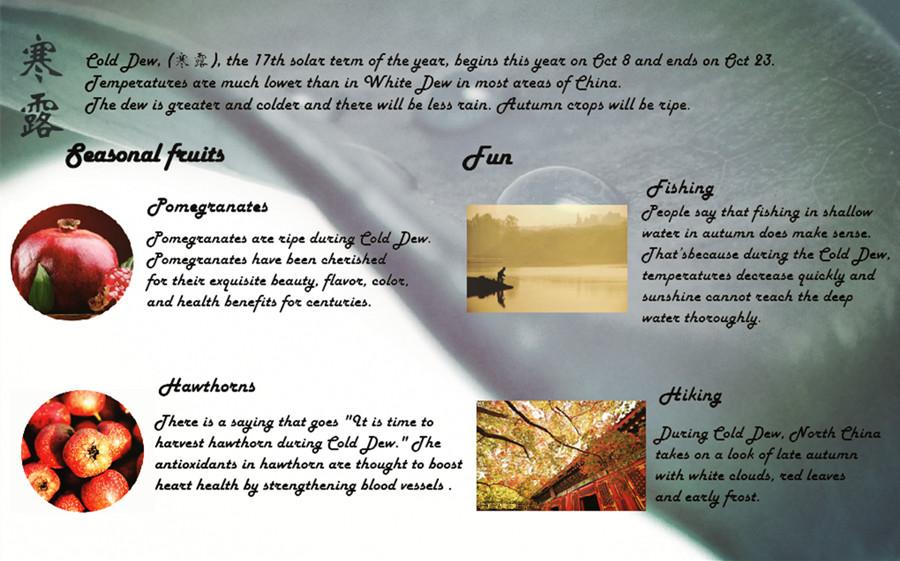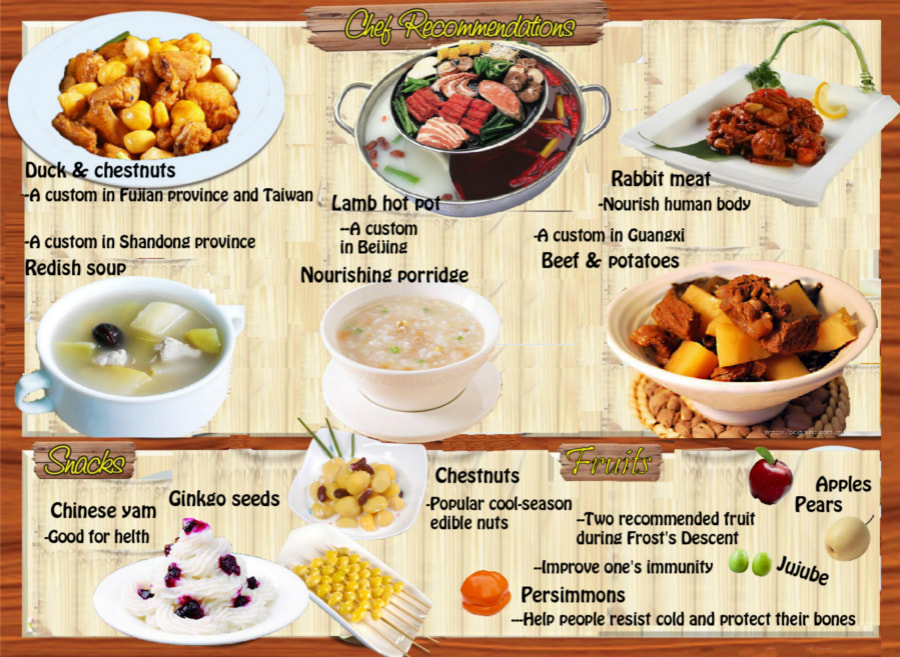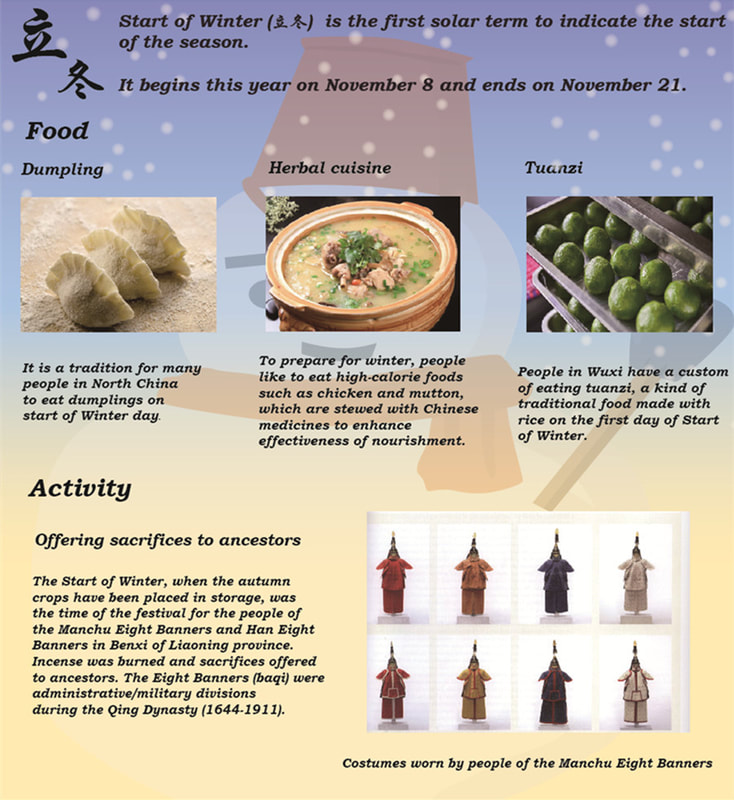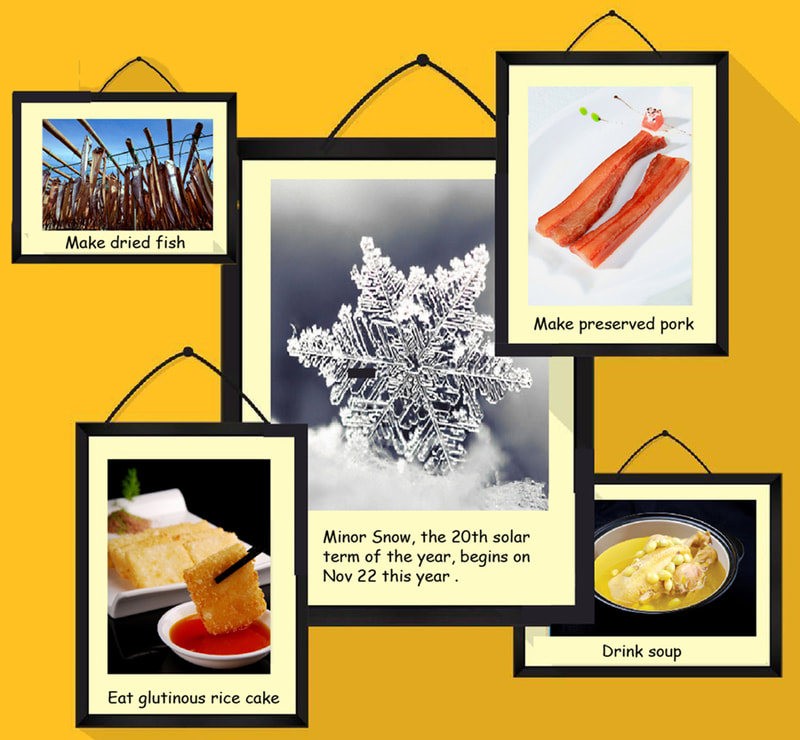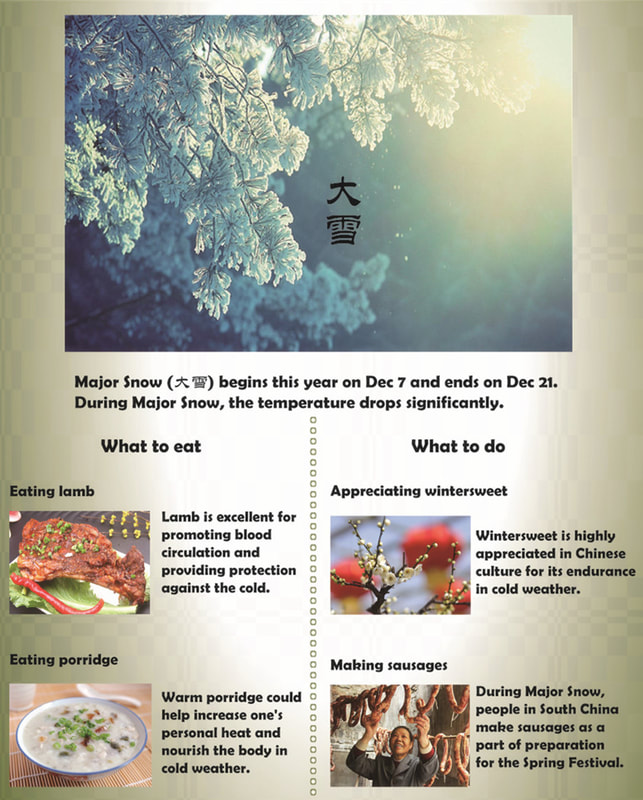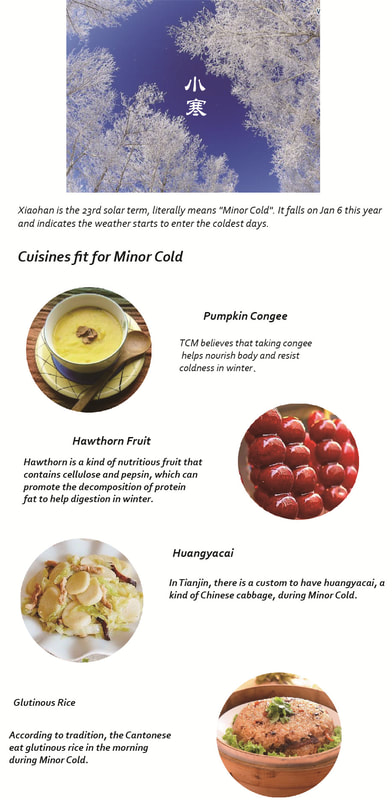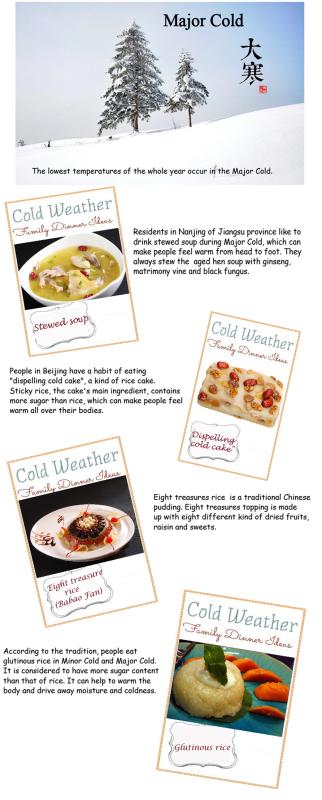Instead of a strictly defined diet plan, TCM emphasizes the variety of food selections and personalization.
What we eat should correspond to individual needs, seasonal changes, and the balance of energies and flavors. Unbalanced food intake leads to an over-abundance of energy being accumulated inside the body, just as the Suwen (The Book of Original Questions) in The Yellow Emperor's Classic of Medicine states:
The five zang-organs depend upon the five flavors for their function; excess of these favors brings damage to the organs. Too much sour food causes a hyperactive liver, which in turn overacts on the spleen and damages the absorption and digestive processes. Too much salty food damages the bones, makes the muscles wither and inhibits the functioning of the heart. Too much sweet food disperses the heart-qi, disturbs kidney functioning and causes the complexion to darken. Too much bitter food overloads the digestive system, giving rise to abdominal distention and fullness. Too much pungent food leads to flabby muscles and impaired spirit.
Furthermore, eating light and easily digestible foods, the right amount of food, eating at regular times and in a disciplined manner ensures that the spleen and stomach works efficiently, thus sustains a constant supply of jing.
What we eat should correspond to individual needs, seasonal changes, and the balance of energies and flavors. Unbalanced food intake leads to an over-abundance of energy being accumulated inside the body, just as the Suwen (The Book of Original Questions) in The Yellow Emperor's Classic of Medicine states:
The five zang-organs depend upon the five flavors for their function; excess of these favors brings damage to the organs. Too much sour food causes a hyperactive liver, which in turn overacts on the spleen and damages the absorption and digestive processes. Too much salty food damages the bones, makes the muscles wither and inhibits the functioning of the heart. Too much sweet food disperses the heart-qi, disturbs kidney functioning and causes the complexion to darken. Too much bitter food overloads the digestive system, giving rise to abdominal distention and fullness. Too much pungent food leads to flabby muscles and impaired spirit.
Furthermore, eating light and easily digestible foods, the right amount of food, eating at regular times and in a disciplined manner ensures that the spleen and stomach works efficiently, thus sustains a constant supply of jing.
Eat with the Seasons
Seasonal eating is a key part of TCM diet and nutrition and it is a bit more than just eating your seasonal farmers market’s produce.
The Chinese calendar divides the year into 24 seasonal points 二十四节气 (also called “solar terms”). These 2-week long seasonal periods make up the 5 seasons. There are certain foods, both dried and fresh, that are more suitable for a particular seasonal point. Since the dietary recommendations for adjacent seasonal points are often similar, and many of you live in climates that may not experience all 24 seasonal points, so we’ve summarized this wisdom into 5 seasons to make the information more practical.
For example, if you live in the Southern hemisphere, you should refer to “Winter” when you are experiencing “Summer.”
Let us eat with season and tune-in to mother nature.
The Chinese calendar divides the year into 24 seasonal points 二十四节气 (also called “solar terms”). These 2-week long seasonal periods make up the 5 seasons. There are certain foods, both dried and fresh, that are more suitable for a particular seasonal point. Since the dietary recommendations for adjacent seasonal points are often similar, and many of you live in climates that may not experience all 24 seasonal points, so we’ve summarized this wisdom into 5 seasons to make the information more practical.
For example, if you live in the Southern hemisphere, you should refer to “Winter” when you are experiencing “Summer.”
Let us eat with season and tune-in to mother nature.
Optimize or Heal with Foods in Your Dish:




